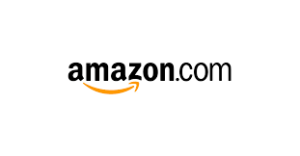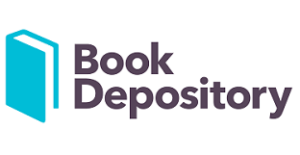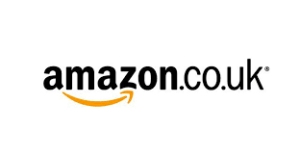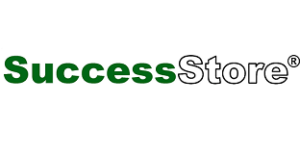We wanted to create a platform through which we could talk to leaders about how really good internal comms, engagement and leadership all contribute to ‘Building Better Cultures’. We tend to shy away from theory and focus more on really practical advice, great stories and best-practice.

Hosted by Scott McInnes, we’ve spoken to leaders from Ireland and further afield across sectors from non-profit to sport to financial services to tech.
In this inaugural episode of the Building Better Cultures podcast, Scott invites listeners to consider the brave new world that has suddenly arrived, thanks to Covid19. While pandemic upended lives around the globe, it also has presented myriad opportunities on every level of society – and perhaps most especially among information and other workers whose “new normal” offers all kinds of positive change..
Featuring Kevin Embrey, the visionary behind the leadership and organisational consulting firm WorkMatters, this episode deconstructs the good, the not-so-good and the abundantly possible that await us in a post-pandemic world. Flexible hybrid workplaces, increased empathy and internal communication across silos; creative approaches to differing styles of work and a new openness to hiring across geographic barriers – these are just a few of the topics discussed. Kevin and Scott devote considerable time to challenges at the fore for HR Directors and Chief People Officers, who are right now working out how to manage expectations, optimize employee engagement and promote the candid conversations that will need to happen as managers and employees transition into work cultures whose stories have not yet been written. Awareness, agility and even vulnerability are critical to making the most of this burgeoning world — and dependent in large part on leaders who are open to new modes of thinking, working and reckoning with the fact that the old models and modes may not serve going forward.
Key Takeaways:
- A bit about Kevin’s route to founding WorkMatters, including work in the IT sector and management training that introduced him to concepts around leadership.
- Kevin started to notice a significant shift in the world of work about a decade ago, including ever quicker cycles of change and disruption.
- Lessons learned over the past 12 months of pandemic about how we work and which best practices are there to bring forward.
- Covid19 and the mandate to work at home counterintuitively brought co-workers closer together through the power of resilience, empathy and vulnerability.
- What are the corporate implications and individual ramifications of a post-pandemic world?
- People are asking themselves post-pandemic about their individual journey and what it means for organisations in terms of change and adaptation.
- New business models that are starting to emerge: Free-form culture on one end and completely office-based culture on the other – and many companies trying to find a place somewhere in the middle.
- Experimentation will go hand-in-hand with developing new ways of working and incorporating flexibility as well as full employee engagement.
- The essence of agility for more traditional workplace models is about distinguishing what actually works and is valid while also staying open to the growth mindset.
- Staying open is a critical trait for effective leaders, who have the opportunity to embrace new ideas and cultural change.
- Pandemic offered leaders the chance to pause, consider, review their effectiveness and perhaps consider a reset.
- Expectation Management: Breaking the traditional power struggle that often goes on in performance-based conversations.
- Best Practices for the future and getting through a period of transition requires fearless reckoning and vulnerability in addressing inevitable. Steps to consider:
- Candid conversations that enfranchise the opinions and engage the imagination of employees.
- Realistically scoping the core elements of the experimental phase and getting focused on achievable goals.
- Be ready for challenges and empower employees so they can remain agile and resilient through the transition period.
- In a new world of work that is going to be much more fully distributed, there will be a learning curve for those who haven’t had previous experience with managing a hybrid workforce.
- Benefits that organisations can expect going forward:
- Engagement and a sense of stake-holding among teams of employees.
- New adaptive skills applicable to whatever next workplace context.
- “Future-proofing” workplaces for inevitable disruptions down the line.
- Freedom from old assumptions that constrained free access to resources rather than owning in-house skills.
- Risks to organisations post-pandemic: Unrelenting erosion of boundaries between work and personal life.
There’s a lot more to flexing work than “where.” There will have to be a reexamination of “when” and “how” work gets done.








